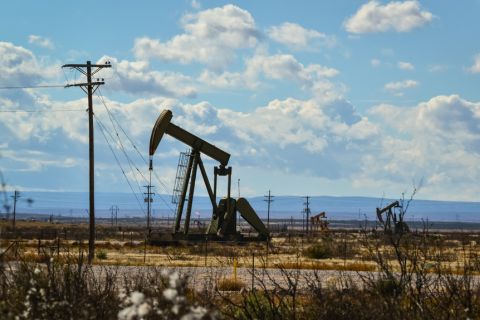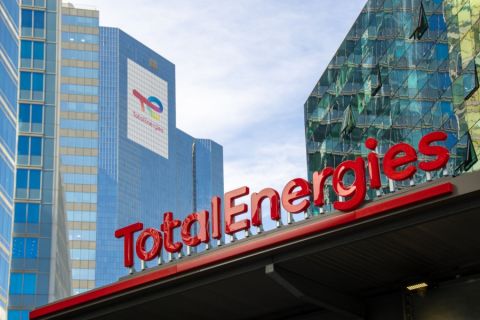The Mexican government faces a one-in-three chance of having its credit rating downgraded over the coming year, as public finances struggle with mounting liabilities and slowing growth, rating agency Standard & Poor's said on March 1.
The New York-based agency maintained the government's investment grade status at BBB+, but lowered its outlook to negative from stable in a new warning to President Andres Manuel Lopez Obrador's three-month-old government.
In a statement, S&P emphasized that Lopez Obrador's plans to reduce the private sector's role in the Mexican energy sector while boosting spending on cash-strapped national oil company Pemex raised concerns for government finances.
"The new strategy for the energy sector places an added burden on the already highly indebted government-owned energy company Petroleos Mexicanos (Pemex)," S&P said in the statement, referring to Pemex's official name.
"The combination of Pemex's weak financial profile and a more active role in the energy sector could raise the risk of higher contingent liabilities for the sovereign," it added.
The peso currency, which has reacted negatively to recent downgrades, had ceased trading for the weekend before S&P published their latest guidance on Mexico.
Pemex has faced mounting scrutiny from investors since its credit rating was cut two notches by Fitch Ratings in late January, putting it just one level above junk status.
The company's crude production has fallen for 14 consecutive years, and is expected to dip again this year to settle below 1.8 million barrels per day for the first time in decades.
The production slide has weighed on the government's fiscal health as it implicitly guarantees Pemex finances.
"The negative outlook indicates an at least one-in-three possibility of a downgrade over the coming year," S&P said.
Pemex's credit woes could extend to the government, requiring it to fund more rescue packages for the company and significantly raising borrowing costs.
The Mexican government relies on Pemex to provide around 15 percent of total tax revenue while the company struggles under the weight of nearly $106 billion in debt, the highest of any national oil company in Latin America.
Pemex has nearly $70 billion in unfunded pension liabilities.
S&P also flagged what it described as Mexico's "poorer-than-expected" economic growth and more centralization of decision-making under Lopez Obrador, arguing that it could weaken the macroeconomic stability of Latin America's second largest economy.
Mexican quarterly growth slowed to 0.2% in the fourth quarter and a number of economic forecasters, including the central bank, have lately cut their projections for 2019.
Recommended Reading
Range Resources Holds Production Steady in 1Q 2024
2024-04-24 - NGLs are providing a boost for Range Resources as the company waits for natural gas demand to rebound.
EQT Sees Clear Path to $5B in Potential Divestments
2024-04-24 - EQT Corp. executives said that an April deal with Equinor has been a catalyst for talks with potential buyers.
Novo II Reloads, Aims for Delaware Deals After $1.5B Exit Last Year
2024-04-24 - After Novo I sold its Delaware Basin position for $1.5 billion last year, Novo Oil & Gas II is reloading with EnCap backing and aiming for more Delaware deals.
Matador Hoards Dry Powder for Potential M&A, Adds Delaware Acreage
2024-04-24 - Delaware-focused E&P Matador Resources is growing oil production, expanding midstream capacity, keeping debt low and hunting for M&A opportunities.
TotalEnergies, Vanguard Renewables Form RNG JV in US
2024-04-24 - Total Energies and Vanguard Renewable’s equally owned joint venture initially aims to advance 10 RNG projects into construction during the next 12 months.





